MSP hiked for 6 Rabi crops! After two key farm bills, farmers get another gift from Modi government - Full price details
Cabinet Committee on Economic Affairs (CCEA) chaired by Prime Minister Narendra Modi on Monday approved an increase in the Minimum Support Prices (MSPs) for all mandated Rabi crops.

A day after Prime Minister Narendra Modi described the passage of two farm sector bills as a watershed moment in the history of Indian agriculture, the Cabinet Committee on Economic Affairs (CCEA) chaired by Prime Minister Narendra Modi on Monday approved an increase in the Minimum Support Prices (MSPs) for all mandated Rabi crops for marketing season 2021-22. This increase in MSP is in line with the recommendations of Swaminathan Commission, according to an official statement.
In view of nutritional requirements and changing dietary pattern and to achieve self-sufficiency in pulses and oilseeds production, the Government has fixed relatively higher MSP for these crops, Cabinet Committee on Economic Affairs (CCEA) said.
The highest increase in MSP has been announced for lentil (Rs. 300 per quintal) followed by gram and rapeseed and mustard (Rs. 225 per quintal each) and safflower (Rs. 112 per quintal). For barley and wheat, an increase of Rs. 75 per quintal and Rs 50 per quintal respectively has been announced. The differential remuneration is aimed at encouraging crop diversification.
The increase in MSP for Rabi Crops for marketing season 2021-22 is in line with the principle of fixing the MSPs at a level of at least 1.5 times of the All-India weighted average Cost of Production as announced in Union Budget 2018-19. The expected returns to farmers over their cost of production are estimated to be highest in case of Wheat (106%) followed by rapeseed and mustard (93%), gram and lentil (78%). For barley, return to farmers over their cost of production is estimated at 65% and for safflower, it is 50%.
Support is in the form of MSP as well as procurement. In the case of cereals, Food Corporation of India (FCI) and other designated State Agencies would continue to provide price support to the farmers. Government has set up a buffer stock of pulses and domestic procurement of pulses is also being done under Price Stabilization Fund (PSF).
CCEA said, "Despite global COVID-19 pandemic and consequent nationwide lockdown, timely intervention made by Government has led to an all-time record procurement of wheat at about 39 million tonnes for RMS 2020-21. Around 43 lakh farmers[1] benefitted under procurement operations period which is 22 percent higher than the RMS 2019-20. In 2019-20, 390 lakh tonnes of wheat is estimated to be procured, while in 2014-15, 280 lakh tonnes was procured. In 2019-20, 15 lakh metric tonnes of pulses is estimated to be procured, while in 2014-15, 3 lakh tonnes was procured. In 2019-20, 18 lakh metric tonnes of oilseeds is estimated to be procured, while in 2014-15, 12 thousand metric tonnes was procured."
Get Latest Business News, Stock Market Updates and Videos; Check your tax outgo through Income Tax Calculator and save money through our Personal Finance coverage. Check Business Breaking News Live on Zee Business Twitter and Facebook. Subscribe on YouTube.
RECOMMENDED STORIES

Retirement Planning: How one-time investment of Rs 10,00,000 can create Rs 3,00,00,000 retirement corpus
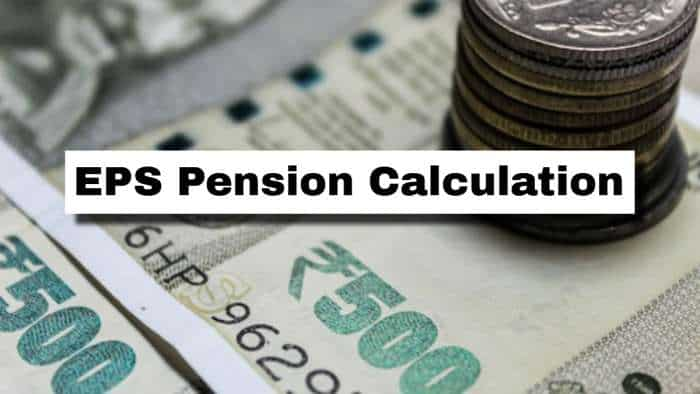
EPS Pension Calculation: Estimate your monthly pension with Rs 35,000 salary, 25 years of service & age 33

Monthly Salary Calculations: Is your basic salary Rs 24,500, Rs 53,000, or Rs 81,100? Know how much total salary central government employees may get
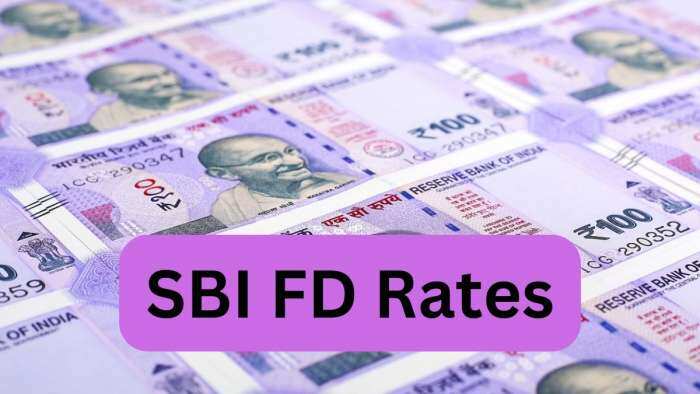
SBI FD Rates - Know what PSU bank is giving to senior citizens and others on Rs 1 lakh investment in 1-year, 3-year, and 5-year tenure
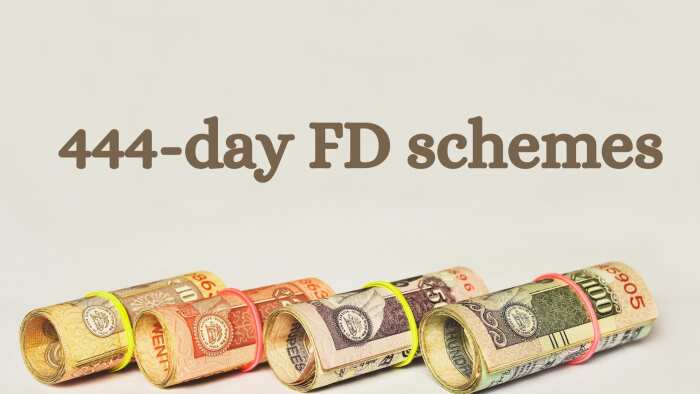
444-Day Special FDs: How much will you earn by investing Rs 5 lakh and Rs 7 lakh in SBI, Indian Overseas Bank, and Federal Bank fixed deposit schemes?
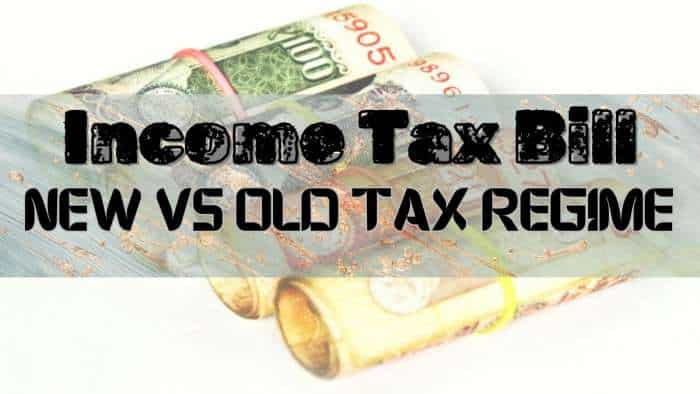
Income Tax Calculations: What will be your tax liability if your salary is Rs 8 lakh, Rs 14 lakh, Rs 20 lakh, and Rs 26 lakh?
07:48 PM IST








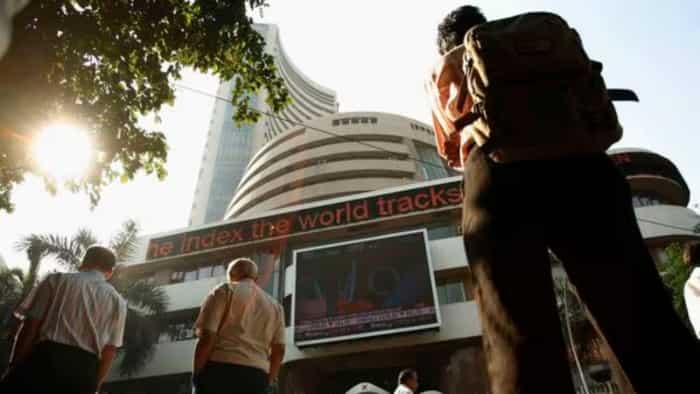

 PM Kisan 19th Installment: Get your farmer registry done by January 31 to receive benefits
PM Kisan 19th Installment: Get your farmer registry done by January 31 to receive benefits CCEA approves infusion of Rs 10,700 crore equity in state-owned FCI for working capital
CCEA approves infusion of Rs 10,700 crore equity in state-owned FCI for working capital Government's priority is farmers’ welfare: Agriculture Minister Shivraj Singh Chouhan
Government's priority is farmers’ welfare: Agriculture Minister Shivraj Singh Chouhan Government should devise alternative mechanisms of MSP to guarantee fair price to farmers: SBI
Government should devise alternative mechanisms of MSP to guarantee fair price to farmers: SBI Govt readies 'MSP Guarantee formula', likely to procure 3 varieties of pulses, maize at MSP if farmers opt for crop diversification
Govt readies 'MSP Guarantee formula', likely to procure 3 varieties of pulses, maize at MSP if farmers opt for crop diversification